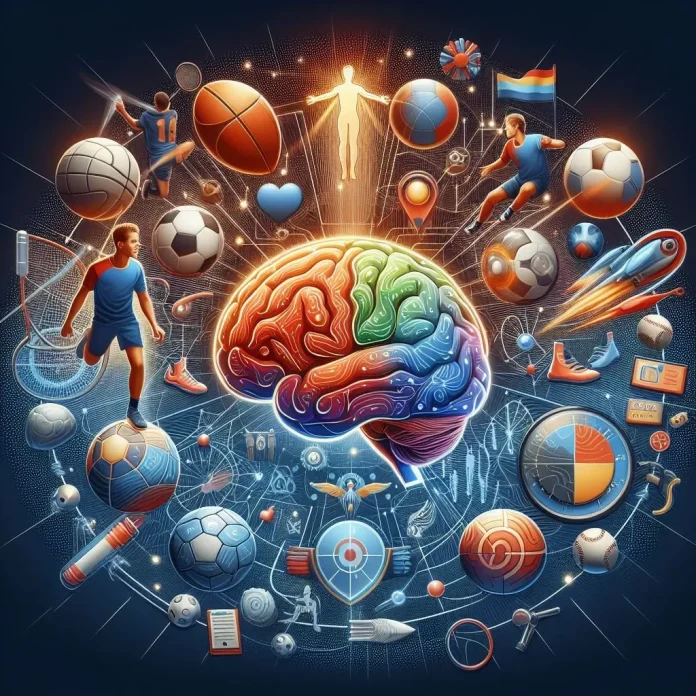Games are more than just entertainment; they are intricate psychological tools that shape behavior, develop skills, and influence decision-making. This article delves into the subtle psychological mechanisms embedded in gameplay design, exploring how developers use reward systems, progression loops, and cognitive biases to craft immersive experiences that keep players engaged.
The Science of Engagement Game designers leverage psychological principles such as operant conditioning, goal-setting theory, and flow states to create compelling experiences. By analyzing games like “Fortnite” and “The Legend of Zelda,” we uncover the science behind player retention and the dopamine-driven feedback loops that drive success. Operant conditioning, for example, rewards players with loot boxes or level-ups at unpredictable intervals, reinforcing the desire to continue playing. Flow states, where players are fully immersed in challenging yet achievable tasks, ensure a seamless connection between effort and reward.
Goal-setting theory plays a critical role in crafting missions and objectives that progressively increase in difficulty, encouraging players to push their limits while maintaining a sense of accomplishment. Games like “Dark Souls” thrive on this balance, where incremental progress against overwhelming odds creates an unparalleled sense of achievement.
The Art of Progression Progression in games mirrors real-life growth, providing players with incremental challenges and rewards. This section dissects how level design, character development, and achievement systems simulate personal development, fostering resilience and problem-solving skills. RPGs (Role-Playing Games) like “Skyrim” and “The Witcher 3” exemplify this progression, offering branching narratives and skill trees that reflect the player’s choices and efforts.
Character progression is a psychological hook, linking emotional investment with gameplay. As characters grow stronger, players feel a direct correlation to their invested time and effort, which in turn boosts engagement. This progression loop not only enhances satisfaction but also builds long-term loyalty to the game.
Ethics of Manipulation While engaging, these psychological tactics raise ethical questions about addiction, screen time, and microtransactions. The article explores how developers can balance engagement with responsible design, ensuring that players benefit mentally without falling into harmful cycles. Games like “Genshin Impact” have faced scrutiny for their gacha systems, where randomized rewards push players towards excessive spending.
To address these concerns, developers are exploring alternative models like battle passes and cosmetic microtransactions that offer value without exploiting psychological vulnerabilities. Ethical design frameworks are emerging, emphasizing the importance of transparency, player well-being, and balanced progression.

